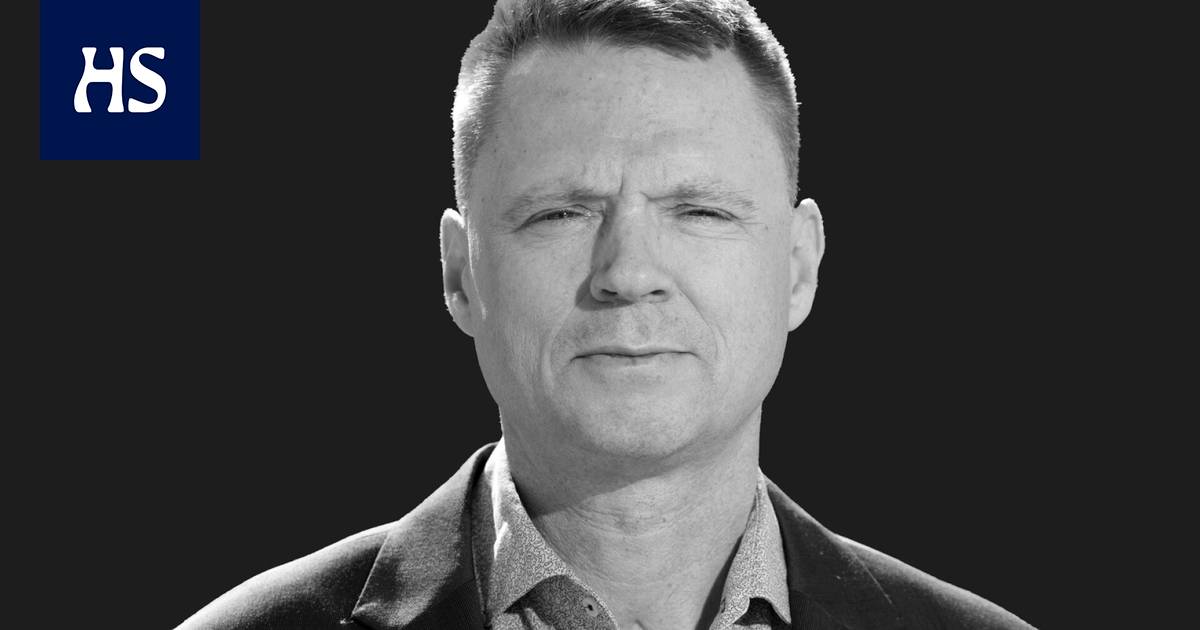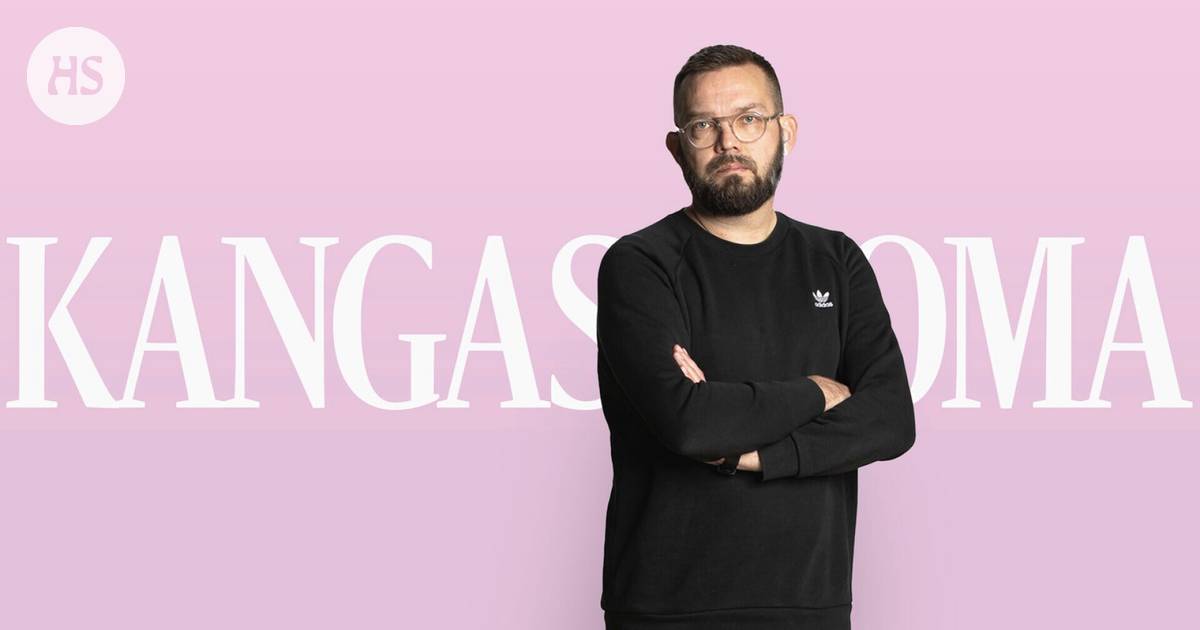From the emotional base, we move towards the self-image of the information baroque.
Summer 2022 brought baroque opera to Savonlinna. Composed by Georg Friedrich Handel Julius Caesar coincided with a time at the beginning of the 18th century, when European Enlightenment philosophers were thinking about things and artists were looking for effects to express the feelings of a changing time. There was lightness and self-irony in the air, a release from the oppressive god-centeredness. Social issues were discussed like at the Flow festival.
The adaptation seen in Savonlinna brought mobile phones onto the stage, with the cameras of which the singers filmed themselves. The audience watched their faces on the screens. The public, on the other hand, photographed themselves according to the spirit of the times in front of Olavinlinna, in the corridors and among friends. Self-centeredness and seeing the world in one’s own face is exactly the return of the baroque in our time.
In social media portraying me has brought a lot of thought, networks and opportunities to influence people’s lives. Internet access is available almost everywhere, but in many places it is limited. Real-time communication, its diversity and the opportunity to tell about yourself from several sources of income have given many people the opportunity to influence politically and socially and opened doors to a new kind of earning.
Social transparency increases and the diversity of discussions increases. From childhood, we get used to the fact that wherever we go, we see new events and people, and everyone has a phone in their hand. Let’s take pictures of ourselves and look at other people’s pictures of themselves. The phone is as natural a rebellion as a pair of shoes. In addition, the phone carries our memories. It is the glue of human relationships, drama and tragedy.
We spend more and more time on digital mirroring of our own lives every day. Building the self is editorial work. The pictures tell about spending habits and money use. Some invest in their appearance or their pets, others in yard plantings or the atmosphere of the dining table. I live through pictures.
In addition to traditional media, it is social power to get the masses to follow and productize my life. For example, if my Instagram profile is public, my photos or videos can end up in videos created by anyone.
The risk is that the digital mirror image is used in contexts that build an image against one’s will. The more and more diversely I provide information network platforms with pictures and sound of myself, the easier it is to manipulate, steal and destroy my digital self-image and identity.
Camera is a trap of mine. It entices you to describe your own mirror image, which cannot be an authentic whole yourself: it is always limited, staged, modified and served to suit your own will.
For most, it is enough for the pictures to collect thumbs and hearts. There is no need for an actual discussion about the pictures, because describing the picture brings up the risk of judgment and misinterpretation. In addition, the horrors of the world take place outside the images, which rarely fit into hipster illustrations.
The risk of information mirroring is that people end up drifting to look past each other. There is also a danger that political and social influencers offer mirror images that delimit the whole in an increasingly purposeful way.
We are reaching a state where the documentation of our lives has to happen without going to the phone or computer. The brain likes movement, music and pictures.
A person turns into a mobile sensor. The hints obtained from information streams replace the reflection on meanings that takes place next to the text. Inconspicuous sensors collect data from the skin along the body, and the information flows directly through the glasses to our eyes and the sounds to the headphones.
Reading is slow and forces you to think. The number of likes on pictures of me tells the moral direction of society.
From the emotional base, we move towards the self-image of the information baroque. Being seen and heard trumps being read.
The author is a military professor at the National Defense University.
#Column #phones #camera









